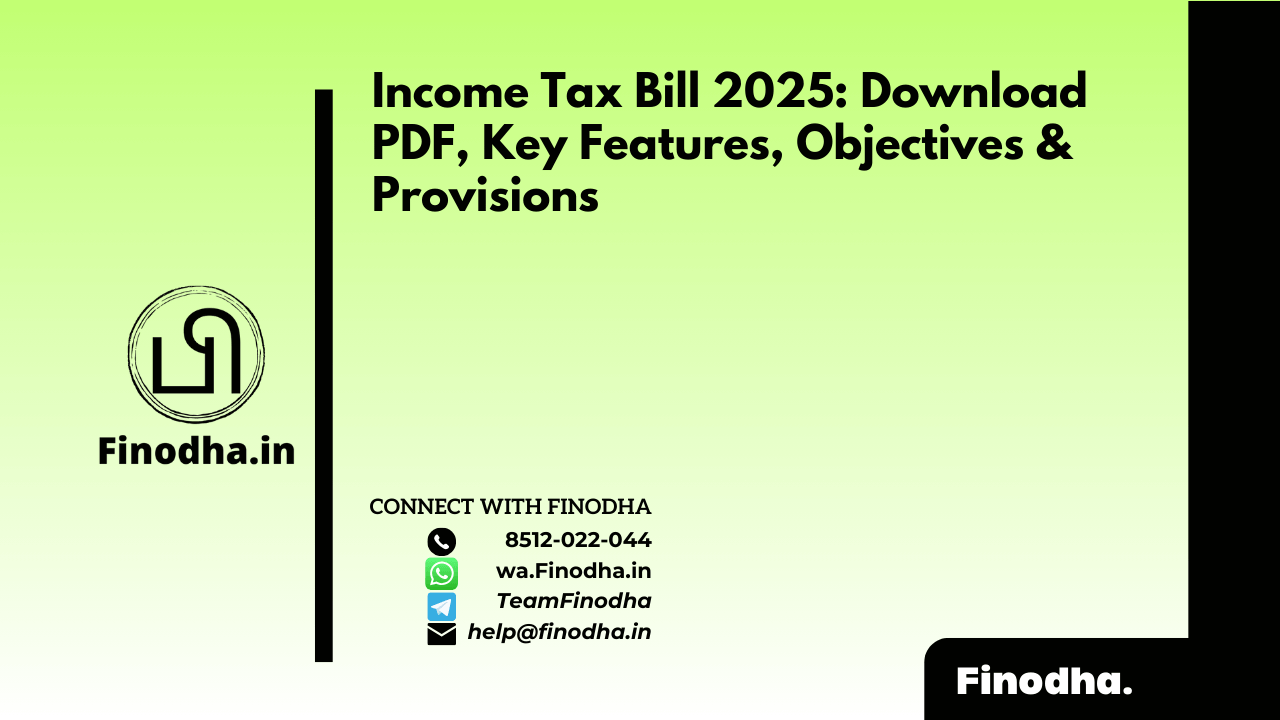Important Keywords: Asteroid events, Unforeseen incidents, Business disruptions, High risks, Pharmaceutical sector, Drug approvals, Clinical trials, Stock analysts, Business developments, Hostile takeover bids.
Introduction:
Asteroid events are unexpected occurrences that have significant negative consequences for businesses. These events pose high risks that are difficult to quantify and can lead to disruptions and financial losses.
Definition of Asteroid Event:
- Adverse Consequences: Asteroid events refer to unforeseen incidents that have adverse effects on businesses.
- High Risk: These events involve risks that are difficult to predict or measure accurately.
Understanding Asteroid Events:
- Dependency on People and Approvals: Businesses relying on specific individuals or external approvals can be vulnerable to asteroid events.
- Pharmaceutical Sector Example: In the pharmaceutical industry, drug approvals from regulators and successful clinical trials significantly impact business turnover and recovery of research costs.
- Opportunities for Investors: Institutional investors and brokerage firms may take advantage of news related to business developments that can act as asteroid events, leveraging price movements for potential gains.
- Analysts’ Role: Stock analysts analyze various factors affecting a company’s business, including legal obligations, contracts, and debt. They also assess the impact of events like product launches, mergers, acquisitions, and hostile takeover bids on a company’s operations and future revenues.
Key Takeaways:
- Asteroid events are unforeseen incidents with significant negative consequences for businesses.
- Businesses dependent on specific individuals or external approvals are vulnerable to asteroid events.
- Pharmaceutical companies rely on drug approvals and successful clinical trials for their business success.
- Institutional investors and brokerage firms may take advantage of news related to business developments acting as asteroid events.
- Stock analysts analyze various factors and events to assess their impact on a company’s operations and future revenues.
Conclusion:
Public companies are required to disclose financial information and announcements according to market regulator rules. In India, SEBI governs disclosure requirements for public companies. Investors can access this information, as well as news and opinions in the press, to make informed investment decisions.
Capital gains (21) CGST (277) Chapter VI-A (15) e-Compliance Portal (21) E-Verify (20) economic growth (21) F&O Trading (29) F.No.354/117/2017-TRU (23) F. No. CBIC-20001/4/2024-GST (15) Financial planning (15) financial stability (17) GST (1424) IGST (222) Income from House Property (17) Income Heads (16) Income Source (14) Income tax (111) Income Tax Account (15) Income Tax Filing (20) Indian context (22) Indian investors (16) ITR-3 (19) ITR Form (20) P&L Statement (24) PAN (13) Risk Management (20) Salary Income (19) Section 7(1) UTGST Act 2017 (14) Section 8(1) UTGST Act 2017 (26) section 9 (18) section 10 (28) section 15 (13) section 25 (17) section 39 (24) section 49 (16) section 50 (16) section 51 (13) Section 52 (16) Section 54 (13) section 73 (20) section 74 (21) SGST (223) Speculative Income (14) Trading Income (33) UTGST (78)




